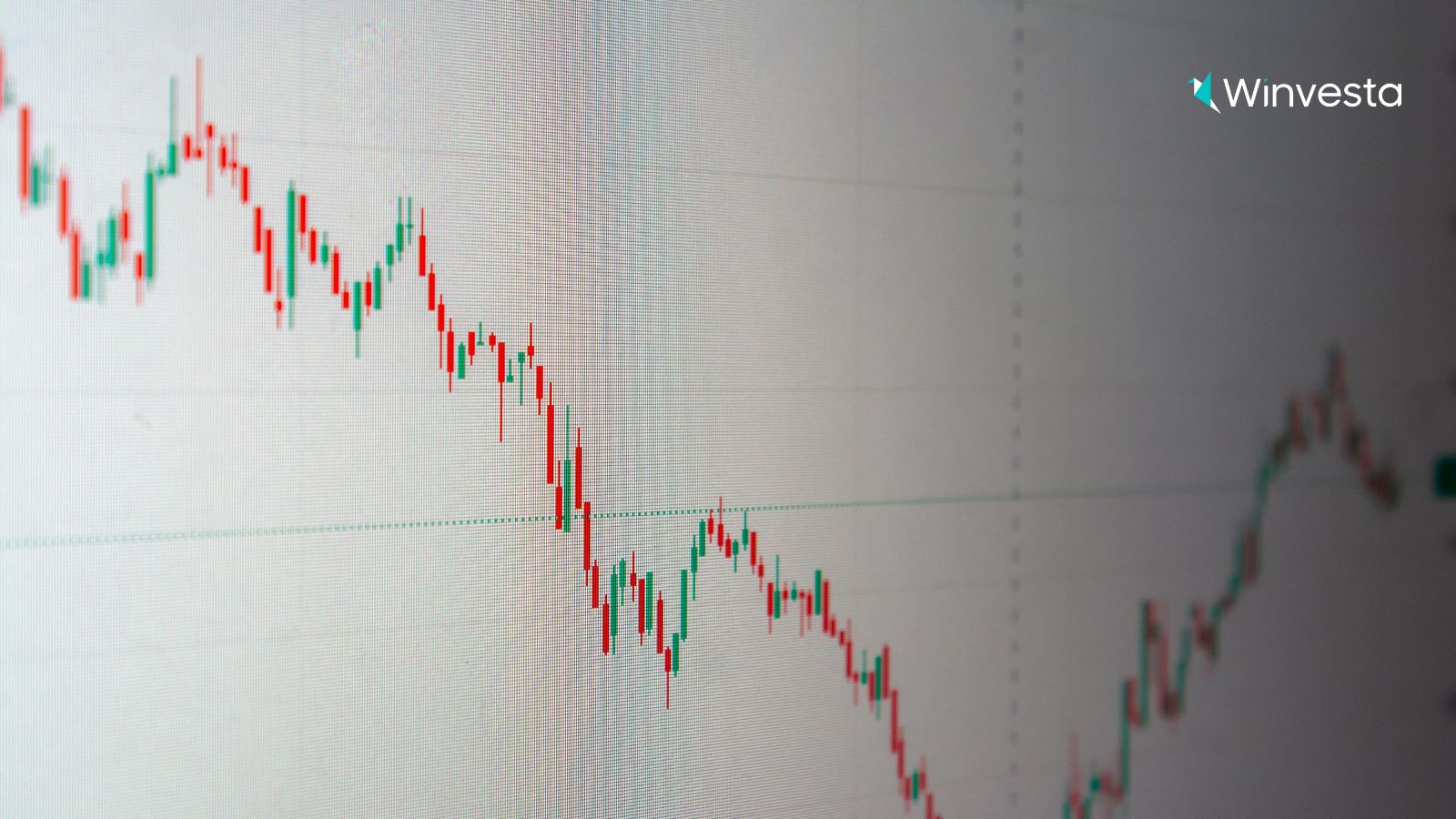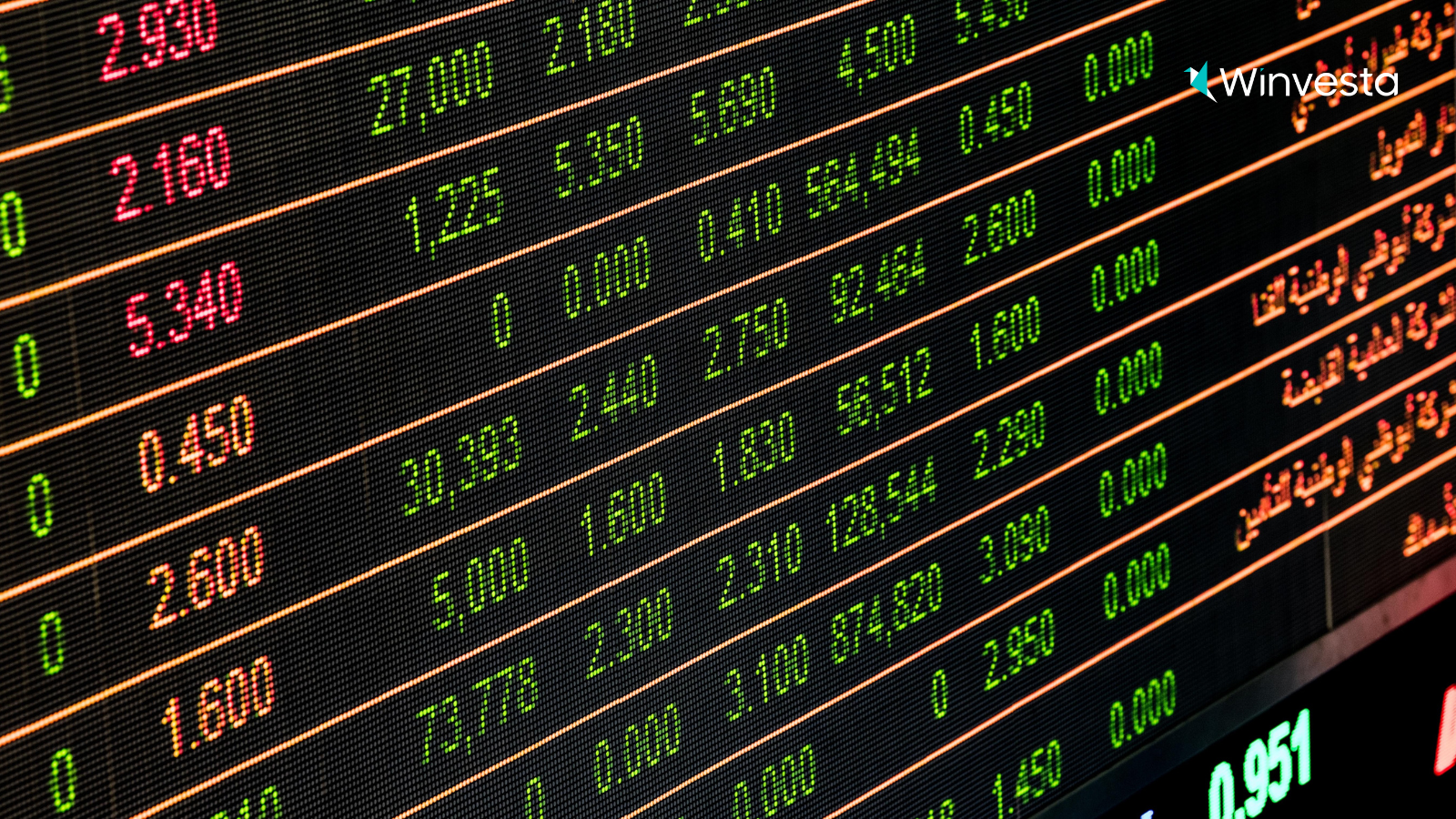Contents
The four biggest myths of international investing
6 minutes read
12 June 2025

You use Netflix to binge-watch your favourite shows. Amazon delivers your packages. Apple powers your phone, and Google answers your questions. Facebook connects you with friends worldwide.
These international brands shape your daily life. Yet, when it comes to investing, most Indians stick to domestic markets. Why?
The answer lies in myths and misconceptions about international investing. These false beliefs keep investors from building truly global portfolios. Let's break down these barriers and explore the reality of investing beyond borders.
Why international investing matters in today's world
The global economy connects more than ever before. Indian companies like TCS and Infosys serve clients worldwide. Meanwhile, American tech giants dominate Indian markets. This interconnection creates opportunities for savvy investors.
Consider this: The US stock market accounts for approximately 60% of global market capitalisation. Europe adds another 15%. By investing only in India, you miss access to 75% of the world's investment opportunities.
International investment doesn't just offer more choices. It provides access to companies and sectors that don't exist in India. Want to invest in streaming services like Disney+? Space exploration companies like SpaceX? Electric vehicle leaders like Tesla? You need to look beyond Indian borders.
%20(50).png?width=1600&height=900&name=Blog%20images%20(2)%20(50).png)
Myth #1: International investing carries too much risk
"Foreign markets are too risky." This belief stops many investors from exploring international opportunities. But let's examine the facts.
Every equity investment carries risk, whether domestic or international. The key difference? Developed markets often show less volatility than emerging ones.
Take the US market, for example. It features:
- Strict regulatory oversight
- Transparent financial reporting
- Deep liquidity
- Established legal frameworks
These factors reduce investment risk compared to many emerging markets.
The home bias trap
Home bias refers to our tendency to overweight domestic investments while underestimating the risks associated with foreign investments. This psychological bias can lead investors to forgo potential returns and diversification benefits.
Research indicates that the Indian and US stock markets exhibit a low correlation. When Indian markets decline, US markets might rise, and vice versa. This relationship helps smooth your portfolio's performance over time.
Real-world example
During the 2008 financial crisis, both markets experienced a significant decline. However, their recovery patterns differed significantly. The US market reached new highs by 2013, while Indian markets took longer to recover. An international investment portfolio would have captured both recovery cycles.
Managing currency risk
Currency fluctuations do add complexity to international investing. However, this risk works both ways. When the rupee weakens against the dollar, your US investments gain value in rupee terms. This natural hedge protects your purchasing power during currency depreciation.
Myth #2: Only wealthy people can invest internationally
"International investing requires huge amounts of money." This myth particularly affects young professionals and middle-class investors.
The reality tells a different story.
RBI's liberalised remittance scheme
Every Indian resident can remit up to $250,000 overseas annually. That's approximately ₹ two crore per year. This limit accommodates the needs of most individual investors.
Fractional shares revolution
Fractional shares change the game completely. You don't need $3,000 to buy one Amazon share. With fractional investing, you can own a piece of Amazon for as little as $1.
Here's how it works:
- Choose your investment amount
- Buy a fraction of expensive shares
- Own proportional dividends and gains
- Build diversity with limited capital
Practical example
Suppose you have $100 to invest. Instead of buying one cheaper stock, you could purchase:
- $25 worth of Apple
- $25 worth of Microsoft
- $25 worth of Amazon
- $25 worth of Google
This approach creates instant diversification across tech leaders.
Low minimum investments
Modern platforms like Winvesta eliminate traditional barriers. You can:
- Open accounts with zero joining fees
- Start investing immediately
- Access professional research tools
- Get customer support in multiple languages
Myth #3: Your money gets locked away
"International investments trap your money overseas." This fear prevents many investors from diversifying globally.
The truth? International markets often provide better liquidity than domestic ones.
US market liquidity
The US stock market is the world's most liquid. During trading hours, you can buy or sell shares with minimal bid-ask spreads. This liquidity means:
- Quick order execution
- Fair pricing
- Easy portfolio adjustments
- Minimal transaction costs
Settlement and withdrawal process
Modern international investing offers efficient money movement:
- Stock sales settle in T+2 (trade date plus two days)
- Money transfers take 1-4 business days
- Multiple withdrawal options are available
- Transparent fee structures
Investment flexibility
Unlike fixed deposits or insurance policies, international stocks offer complete flexibility. You can:
- Sell anytime during market hours
- Withdraw partial amounts
- Reinvest dividends automatically
- Adjust your strategy as needed
Example scenario
Imagine you invest $1,000 in US stocks on Monday. By Wednesday, your trade settles. On Thursday, you can initiate a withdrawal. By the following Monday, the money will be deposited into your Indian bank account. That's less than a week from sale to cash availability.
Myth #4: You must become a US market expert
"I don't understand American companies or markets." This knowledge barrier intimidates many potential international investors.
While market knowledge helps, expertise isn't mandatory for successful international investment.
Information accessibility
Today's digital world provides abundant investment information:
- Company annual reports in English
- Real-time financial news
- Professional analyst research
- Educational content and webinars
Professional research tools
Quality platforms offer comprehensive research support:
Analyst ratings provide professional opinions on a company's stock performance. These ratings typically include:
- Buy recommendations for strong growth potential
- Hold suggestions for stable performers
- Sell advice for declining prospects
- Price targets based on fundamental analysis
Market newsletters deliver daily insights covering:
- Market performance summaries
- Key economic indicators
- Earnings announcements
- Sector-specific analysis
Educational resources help build knowledge through:
- Investment webinars
- Market analysis blogs
- Portfolio management guides
- Video tutorials
Starting simple
Begin your international investment journey with familiar companies:
- Technology giants you use daily
- Consumer brands you recognise
- Healthcare companies with global reach
- Financial services with an international presence
Professional guidance
Consider consulting with financial advisors who specialise in international investing. They can help you:
- Assess your risk tolerance
- Design appropriate asset allocation
- Select suitable investment vehicles
- Monitor and rebalance your portfolio
Building your global investment strategy
International investing becomes manageable when approached systematically.
Start with index funds.
Global indices offer instant diversification across hundreds of companies. Popular options include:
- S&P 500 for US large-cap exposure
- NASDAQ 100 for technology focus
- MSCI World for developed market access
- Emerging market funds for growth potential
Types of international investment approaches
Direct stock investing gives you control over selecting individual companies. This approach works well for investors who enjoy research and active management.
Exchange-traded funds (ETFs) provide diversified exposure with professional management. ETFs track specific indices, sectors, or investment themes.
Mutual funds offer professional portfolio management with regular monitoring and rebalancing.
Geographic diversification
Consider spreading investments across different regions:
- North America for stability and innovation
- Europe for established markets and dividends
- Asia-Pacific for growth opportunities
- Emerging markets for higher potential returns
Sector diversification
International markets offer access to sectors underrepresented in India:
- Biotechnology and pharmaceuticals
- Aerospace and defense
- Renewable energy
- Entertainment and media

Ready to own a piece of the world’s biggest brands?
- Invest in 4,000+ US stocks & ETFs
- Fractional investing
- Zero account opening fees
- Secure and seamless
Start investing in just 2 minutes!

Build your global portfolio.
.png)
Invest in companies you love, like Apple and Tesla.

Track, manage, and grow your investments.
Practical steps to start international investing
Ready to begin your global investment journey? Follow these practical steps:
Research and education
Start by reading international investment basics to understand fundamental concepts. Take time to understand currency implications and how exchange rates affect your returns. Learn about different market structures across countries, as each has unique characteristics. Study successful global investors like Warren Buffett and Ray Dalio to understand their strategies.
Choose the right platform
Compare fees and services across different platforms to find the best value. Check regulatory compliance to ensure your chosen platform meets all legal requirements. Evaluate research tools available on each platform to support your investment decisions. Test customer support quality by asking questions before you invest.
Start small and learn
Begin with modest amounts that you can afford to lose while learning. Focus on familiar companies whose products or services you understand well. Monitor your investments regularly, but avoid making hasty decisions based on short-term movements. Learn from both gains and losses to improve your investment approach over time.
Build gradually
Increase your investments as your confidence and knowledge grow over time. Expand into new sectors and regions once you master the basics. Maintain proper asset allocation between domestic and international investments. Rebalance your portfolio periodically to maintain your target allocation.
Tax considerations for international investors
Understanding tax implications helps optimise your international investment returns.
Indian tax treatment
- Capital gains tax applies to international investments
- Dividend income faces taxation
- TDS may apply to certain transactions
- Maintain proper documentation
US tax considerations
- Dividend withholding tax may apply
- Tax treaties can reduce rates
- Proper form filing ensures compliance
- Professional advice recommended
International investing opens doors to global opportunities that domestic markets alone cannot provide. The myths surrounding overseas investment often stem from outdated information or unfounded fears.
Today's technology and regulatory frameworks make international investment accessible, affordable, and straightforward. With proper research, suitable platforms, and a gradual approach, any Indian investor can build a truly global portfolio.
The question isn't whether you can afford to invest internationally. The real question is whether you can afford not to explore these opportunities. Global brands already influence your daily life. Isn't it time they influenced your investment portfolio, too?
Frequently asked questions about international investing?


Contributed by Denila Lobo
Denila is a content writer at Winvesta. She crafts clear, concise content on international payments, helping freelancers and businesses easily navigate global financial solutions.



